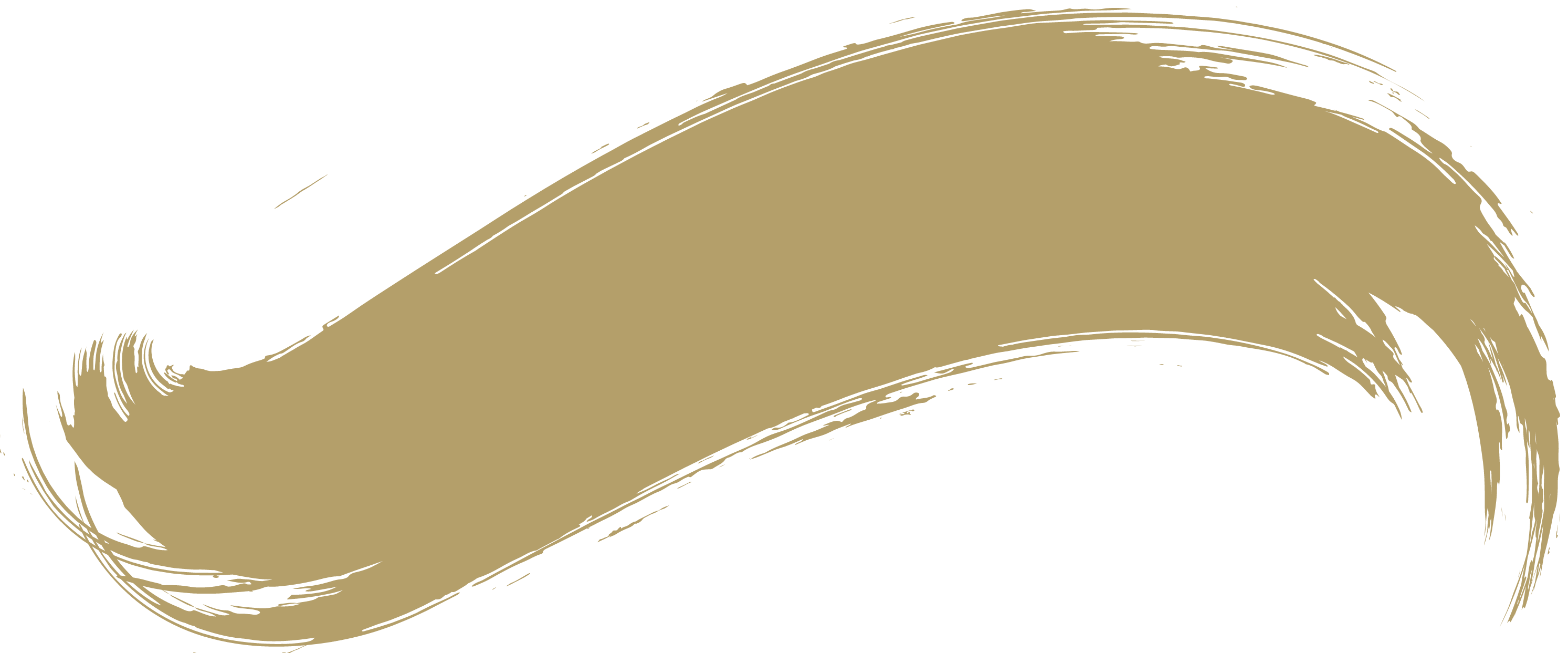With just over four months left in Bliain na Gaeilge, how will you embrace our living language?
On New Year’s Eve 2018, the Fáilte 2018 ar TG4 TV show was broadcast live to more than 230,000 viewers across Ireland, launching Bliain na Gaeilge, a year-long programme of creative, artistic and community-based events and activities encouraging us all to celebrate and use our unique, dynamic language. Whether it’s finding a fun new way to introduce Irish into our everyday lives or simply fine-tuning our cúpla focal for the occasional chat with friends, the programme has given Irish citizens and lovers of language the world over the chance to reflect on the strength and beauty of life as Gaeilge.
Since the launch, more than 300 groups – from the FAI and IRFU to Festival Republic – have taken part in the programme, and the #Gaeilge2018 hashtag, with a current reach of 12.2 million users on social media, has popped up on news feeds in +30 countries across an incredible five continents.
Now, with little more than four months left in the Bliain na Gaeilge 2018 programme, there are still so many great ways to embrace the Irish language the 21st-century way.
In September and October, kick up your heels in Meath at Tóstal na bhFiann – the largest Irish-language youth event in the country – enjoy a lively Irish language cooking workshop in Kerry, or celebrate the role of women in the original revival 125 years ago at a fascinating evening of talks and awards in Down. You can catch Jody O’Neill’s charming drama ‘Walking Man’ when it tours to the Family Festival in Dún Laoghaire Library with a special Irish version, head to Galway for the Club Leabhar Chois Fharraige (Cois Fharraige Book Club Festival) for a full weekend celebrating the living literature of the Gaeltacht, or collect your very own copy of CEOL 2018: released in September especially for Bliain na Gaeilge, this year’s album will be distributed to every secondary school student in the country and features artists like Picture This, Wheatus, and many more.
November will see the international kickoff of Gaeilge 24, a special challenge for Irish speakers around the world to speak as Gaeilge for a full 24 hours. In Limerick, award-winning comedian Áine Gallagher will bring her bilingual debut show Making Sense to town for one night only; in Dublin, Cúpla Focal with TechSpace will offer a special prize to the group that shows the most creative vision through the medium of Irish at the Creative Tech Fest in the Google Foundry, and in Mayo, you can join the fun at the qualifying rounds for the 2019 Irish Dance World Championships.
Catch a gathering of the poetry court in Cork (held in Múscraí since 1925) in December, or even take in some ‘visual poems’ at locations nationwide for the popular bilingual poetry event REIC.
In schools across Ireland, students will have the chance to celebrate Bliain na Gaeilge with special events like October’s Comhrá ‘18, an international attempt to set a world record for the longest-ever Irish language conversation, and the Gaelfhíseán na Bliaina competition, which invites students to create a music video for a song as Gaeilge, with a €1,000 prize for the winning entry in each county.
Bliain na Gaeilge will also be showcased at a number of Irish and international festivals from now until the end of 2018, with special Irish language elements scheduled as part of Culture Night, the Cashel Arts Festival, the New York Film Festival and Electric Picnic, where you can immerse yourself in Irish language and music each evening from 7pm at the Hazel Wood stage, and even pitch your tent in a designated Gaeltacht campsite. With acts like Liam O Connor, Scannal and Seo Linn on the bill, increasing the Irish language presence for fans of art, music and culture in Ireland has never been so much fun.
With so much happening between now and December, there’s something for everyone to enjoy for Bliain na Gaeilge. Take a look at the programme here, or visit Bliain na Gaeilge 2018.







